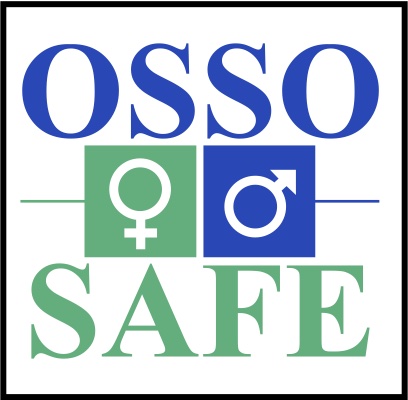Any recent act or failure to act on the part of a parent or caretaker which results in death, serious physical or emotional harm, sexual abuse or exploitation, or an act or failure to act which presents an imminent risk of serious harm. Child abuse is broadly defined in many states as any type of cruelty inflicted upon a child, including mental abuse, physical harm, neglect, and sexual abuse or exploitation. The specific crimes charged in instances of child abuse can include assault and battery. A child who has been abused or neglected may experience a range of problems, such as relationship difficulties, lack of trust of adults, emotional outbursts (or retreat), low performance at school, depression, anxiety, and anger. State child abuse laws define child abuse as any act (or failure to act) that: Results in imminent risk or serious harm to a child’s health and welfare due to physical, emotional, or sexual abuse; affects a child (typically under the age of 18); by a parent or caregiver who is responsible for the child’s welfare. This includes intentional acts, actions that were careless (such as, allowing a known sexual offender or known abuser to be with a child alone), and acts of negligence (such as, leaving a child under a certain age at home alone). Also, the “harm” inflicted upon a child need not be actual, but may include “threats” or “risks of imminent harm”. In addition to state child abuse laws, all states have Child Protective Services (CPS) agencies that investigate reports of abuse and neglect of children in a home.
201-956-4329
Sabrina@OssoSafe.Com
